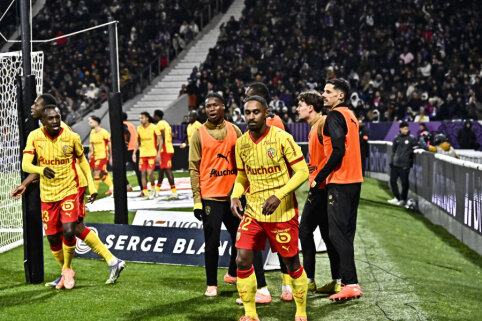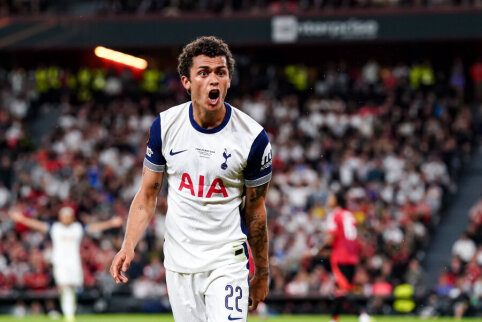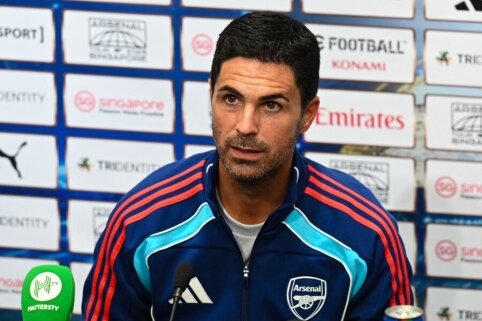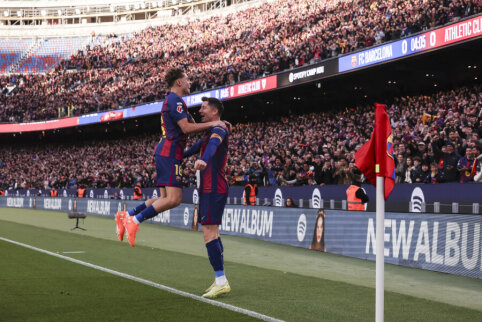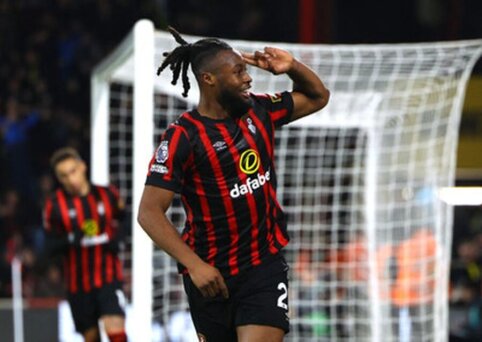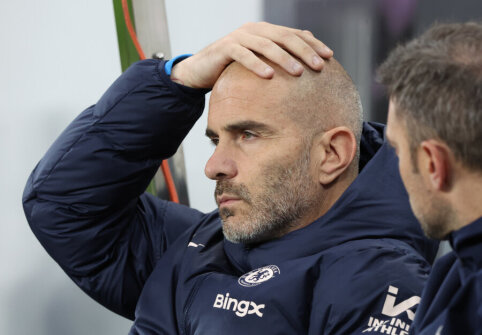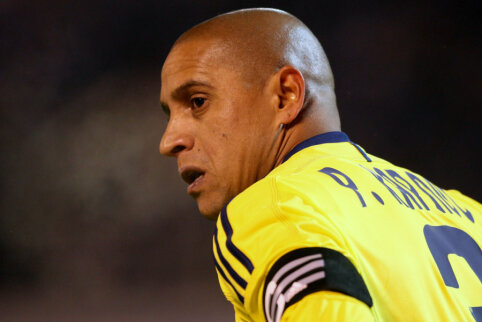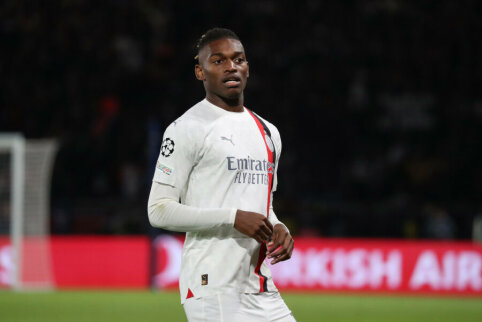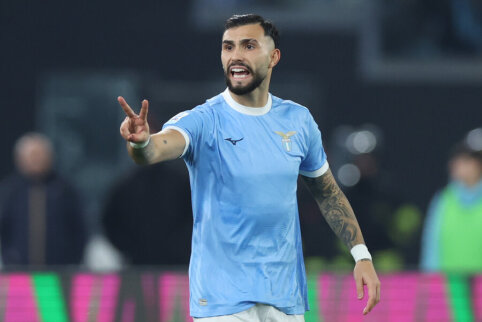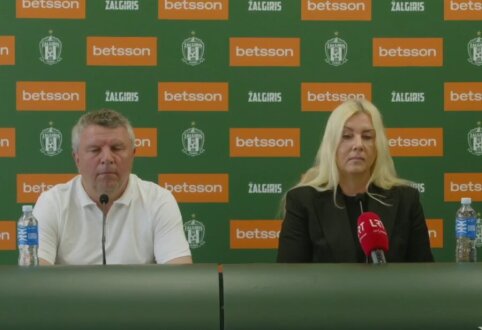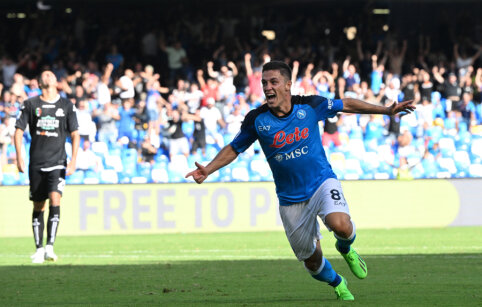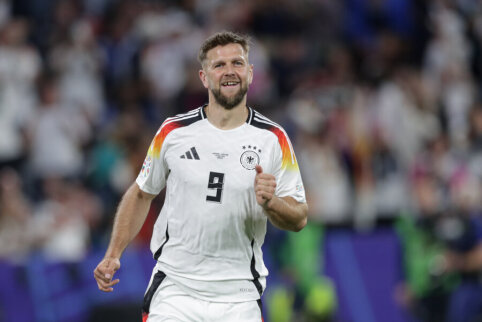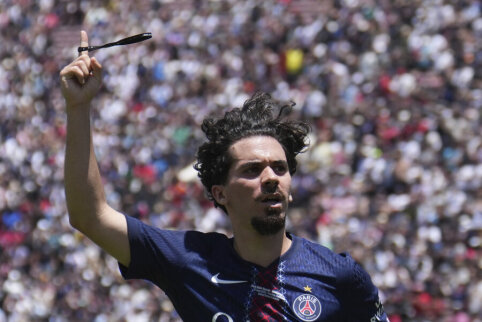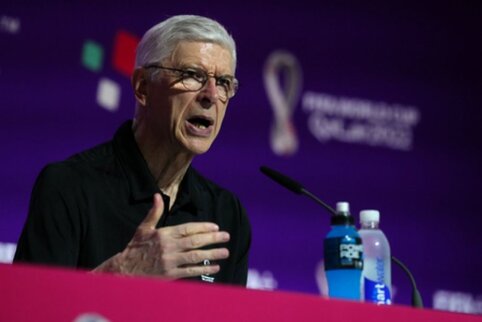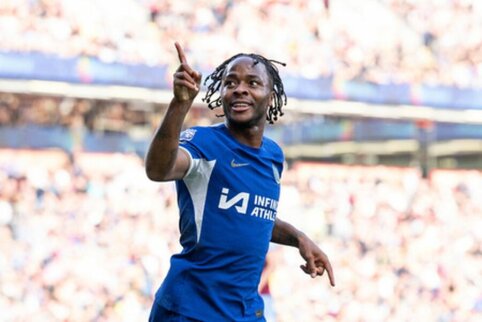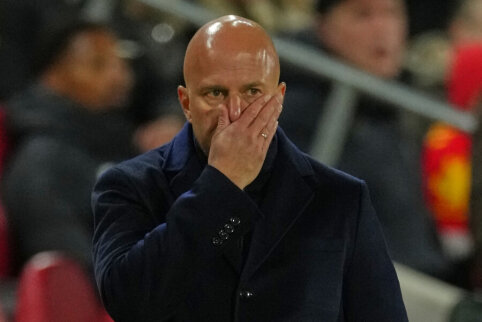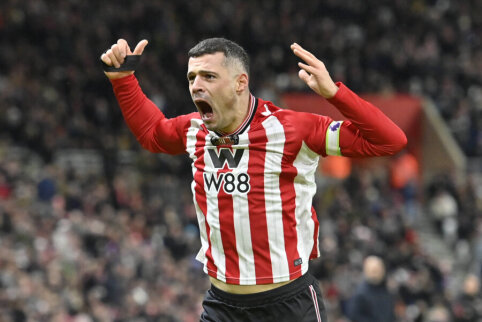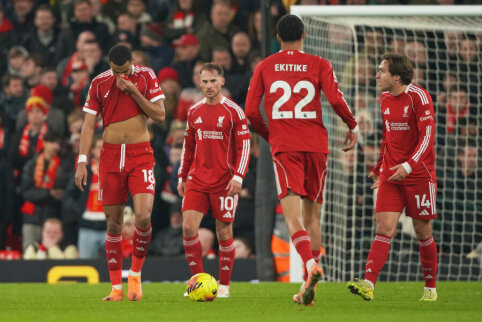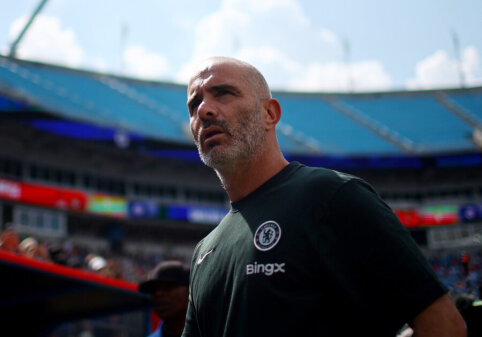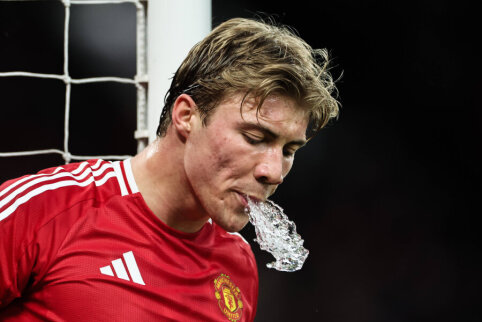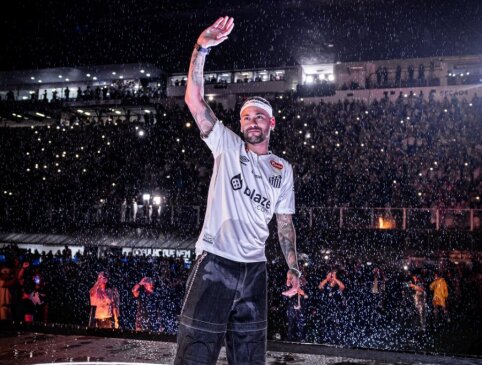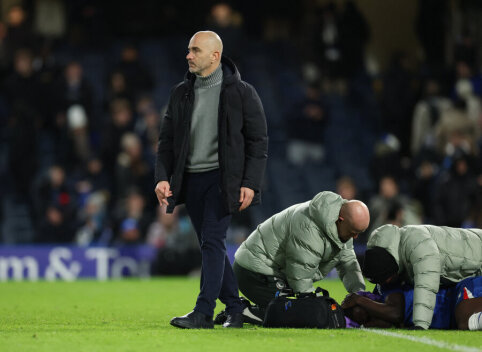
„Football is more than just a game“ - such a phrase is often used by people who are passionate about this game. However, not always can this statement be used only in a positive context: as shown by the story of Andres Escobar, sometimes failure on the football field can cost a whole life.
Andres Escobar is still remembered by the people of Colombia as one of their country's football legends. Although in the rest of the world he is often confused with the drug baron Pablo Escobar who shared the same last name, at his time Andres was one of the best center-backs in the world, to whom one unfortunate episode on the football field cost dearly.
The "gentleman of football" defender started his career at the "Atletico Nacional" club, where he spent almost his entire career. Just after a couple of years in professional football, he was already called up to the Colombian national team, and in 1989 he, together with his club, won the "Copa Libertadores" tournament.
In 1990, he reached the knockout stage of the World Cup with his national team, but was not called up for the Colombian team selection for the 1994 tournament, where his countrymen played fantastically. In the South American qualifiers they did not experience any failures, and on their way to the World Cup, they achieved the most impressive victory in the entire history of Colombian football. In a match in Buenos Aires, the Colombians crushed the hosts, the Argentinians, 5-0, securing not only a place in the world championships but also raising the expectations of the local residents.
However, in the country at that time, after the death of Pablo Escobar, unrest began, with criminal groups reigning and greatly affecting the preparation of the Colombian national team for the tournament. Initially, one of the country's most famous goalkeepers, Rene Higuita, was imprisoned, and his place was taken by the less experienced Oscar Cordoba. The problems of the national team of this country did not end there: representatives of the criminal world constantly sought to force the team to act the way they wanted, and the national team coach Francisco Maturana and his players repeatedly received threats to murder or deal with their family members.
Andreas Escobar was offered a great opportunity to go to Italy in the summer of 1994, where the "Milan" team offered him a contract. However, the player known for his patriotism received an invitation to assist his troubled national team in a difficult situation, and abandoning his future career plans, he joined his national team, which despite external obstacles traveled to the tournament in the United States with dreams of winning the championship.
Despite threats and the uneasy situation in their homeland, the Colombian national team began the World Cup by showing why they were so highly regarded by football fans: with technical and beautiful ball play from the very start of the tournament match against the Romanians, they created opportunities at the opponents' goal, but failed to score, and in the 16th minute had to concede an own goal into their net. The outstanding Romanian goalkeeper Bogdan Stelea continued to successfully neutralize the opponents' chances, and the second Romanian goal significantly complicated the Colombia team's hopes of saving face in that match. Although Adolfo Valencia later reduced the deficit, breaking down the defense led by B. Stelea along with his teammates proved more difficult, and by the end of the match, they conceded a third goal, which led to a failure that greatly affected the already difficult life of the Colombian national team.
After the failure in the first match, the pressure on them only increased from their homeland, along with the escalating threats from the criminal world to deal with. That's why before the second match, Gabriel Gomez refused to step onto the field. Before the match against the United States, he received threats from unknown individuals and as a result, he not only refused to appear in the next game but also withdrew from his national team.
Another loss, the Colombians went into the next match knowing that to keep all their chances of progressing to the next stage in their own hands they could no longer afford to lose. This time they faced the hosts, dubbed as the tournament underdogs, and from the Colombian national team, they all expected nothing but victory.
Once again, the Colombian national team, which started the game actively, failed to convert opportunities into goals, and after a rare American counterattack, John Harkes crossed the ball into the penalty area, where Andres Escobar, trying to stop the attack, made a mistimed touch and redirected the ball into his own net, giving the Americans a shocking advantage.
Andres Escobar's own goal:
Pouring all their efforts forward, the South Americans continued to attack unsuccessfully, and eventually, they were punished during another counterattack in the second half. A late goal by Adolfo Valencia at the end of the match did not save them from a second defeat, after which their hopes of advancing to the next stage became minimal. Although in the final round they defeated the Swiss, the unfavorable results in the other matches meant that Andres Escobar and his teammates withdrew from the World Cup after the group stage.
It is easy to predict that such a result left all the inhabitants of that country disappointed, and the strongest resentment was caused by the defender who scored an own goal.
After the World Cup, Andres Escobar was supposed to travel to Las Vegas to visit relatives living there, but disappointed with his performance in the World Cup, he decided to fly straight to Colombia. Although upon his return home, his friends and fiancée warned him to avoid public appearances to prevent conflicts with people who might blame him for the failure, the defender did not listen and wanting to show that life does not end with just football matches, he decided to spend an evening in the city with a few friends just five days after withdrawing from the World Championship and went to a local nightclub "El Indio".
When his friends left at three in the morning, Andres Escobar remained alone in the parking lot of the club in front of which three men approached him and immediately started a conflict. During the conflict, two of them drew their guns, and one of them shot the footballer six times, each time after the shot repeating "gooooal" (imitating South American commentators celebrating a goal). After committing this heinous crime, the men disappeared, and Andres Escobar, taken to the hospital, died after 45 minutes.
The next day, the suspect, who confessed to killing the footballer, was arrested. Humberto Castro Munoz was a member of a powerful Colombian drug cartel, working as Santiago Gallon's bodyguard. It was alleged that S. Gallon had bet a large sum of money on a Colombian victory in that match, so it was believed that after the failure, he ordered the footballer's murder.
However, after such a heinous crime, the residents of that country once again realized that corruption prevailed in the country and the trial process once again showed how bad the situation was in Colombia at that time. The three individuals involved in the crime, including possibly the murder-ordered S. Gallon, were acquitted, and H. Munoz, initially sentenced to 46 years in prison, first received a reduction in sentence and was eventually released after just 11 years.
This loss was particularly heartily felt in Colombia: more than 120,000 people gathered at Andres Escobar's funeral, and every year, remembering the anniversary of his death, fans come to meetings carrying pictures of the defender.
Andres Escobar's death once again struck the prestige of Colombia on a global scale, and the most painful thing for his family and loved ones was that the footballer had tried throughout his career to improve his country's image as much as possible and present it not as a state ruled by criminals but as a beautiful and pleasant country. Colombian football fans still remember the defender and his phrase that has entered history: "Life does not end here".
The pursuit of criminals, the death of A. Escobar, and other obstacles ultimately destroyed Colombia's "dream" team, which never reached the heights they could have achieved. Ultimately, a football crisis began in the country that lasted almost 20 years until the 2014 World Cup. During those years, the new generation of Colombian footballers who came to the tournament marked the 20th anniversary of Andres Escobar's death as the best performance in Colombian football history, reaching the quarterfinals of the World Championship.
